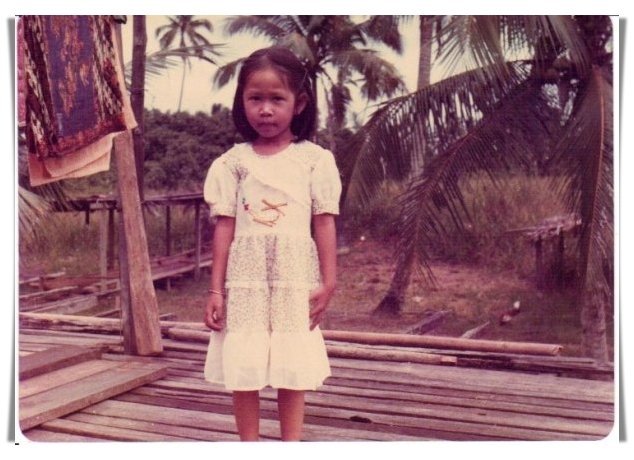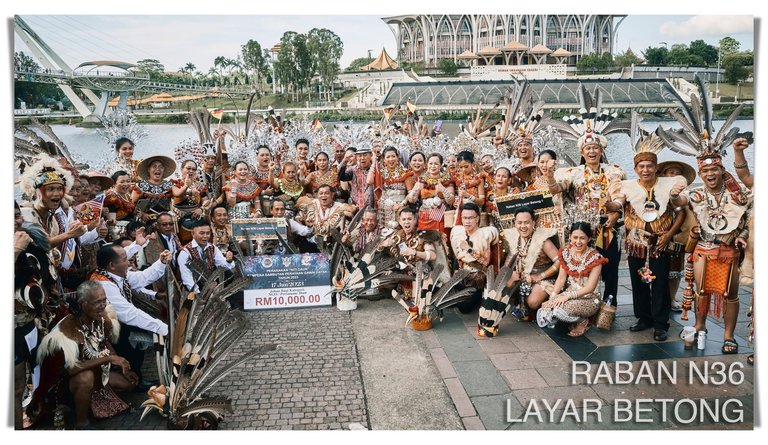Time is a paradox. It shapes us as much as we shape it. It is a force that propels us forward while binding us to the past. Time marks our lives through moments of growth, loss, and transformation. Its passage, however, feels anything but constant: fleeting in joy, endless in sorrow, elusive when we attempt to understand it, and indisputable when we try to disregard it. Time travels both inside and outside of us, creating a contradiction that is incredibly complex and fascinating. It leaves behind traces that are both very personal and distinctly human, influencing people, relationships, and society.
The Personal Passage of Time
To feel time’s passage is to live with its contrasts. For instance, aging shows the conflict between our past and future. When we were young, time felt infinite, and it was filled with limitless potential and dreams. As we grow older, that limitlessness gives way to the burden of choices, the reality of limits, and the clarity that comes with wisdom. We find ourselves reflecting on routes taken and not taken, wondering how those decisions shaped the lives we live today.

Memory plays a major part in this process. It connects us to the past by allowing us to revisit moments that shaped us. However, memory is also flawed because it is like a shifting landscape that blurs, distorts, and fades over time. Often, I've marveled at the startling clarity with which a certain sound, scent, object, or place can unlock a memory—only to question if the years have altered the memory itself. As a five-year-old child, I remember freezing on my track on my way back from school, watching a yellow snake with black stripes gliding just two meters away from me. The vividness of that moment lingers to this day. I recounted the experience to my grandfather, who was baffled to see I’d walked home alone instead of waiting for him to pick me up. Even now, the memory returns not only as a reminder of fear but also as a symbol of independence, an early glimpse of how even small moments reverberate through time. Is it a true reflection of what transpired—or a reflection of what I needed it to be? This is a question that time pushes us to confront, emphasizing its ability to influence not just our experiences but also how we remember them.
Relationships Across Time
If time transforms individuals, it has a greater impact on relationships. The passage of time tests and reshapes love, friendship, and familial relationships. Some connections become stronger via shared experiences and mutual growth. Others fade into ghostly presences that linger in recollection but no longer exist in the present.

One of time's most bittersweet gifts is the ability to reflect on relationships that could have gone differently. I recently reconnected with old high school friends, many of whom I hadn't seen in years. It startled me to realize how much I care about and love each of them, even those with whom I had previously harbored resentment. Time had softened the jagged edges of teenage conflicts, revealing the deep bonds beneath. It reminded me of how, no matter how strained a relationship appears to be, it frequently possesses tenacity that transcends conflicts and distance. This reconnection was more than just a reunion with old acquaintances; it demonstrated how time reshapes our perceptions, allowing us to see past grudges and rediscover the essence of connection.
Missed chances, in particular, appear to evolve over time. We relive them, wondering what might have been, as if remembering could change the past. However, time rarely provides such clarity. Instead, it teaches us to balance longing and acceptance—the weight of what was and the lightness of now.
The Weight of History
The passage of time has reshaped the Iban (natives of Borneo) way of life profoundly over the past century. Once dependent on subsistence farming and communal living in traditional longhouses, the Ibans have embraced education and modernity. Thousands have moved to urban areas to seek better opportunities for their families. While this move represents a considerable break from their ancestral customs, it does not imply forsaking their culture. In cities, Ibans continue to speak their language and perform rituals, adapting these traditions to new contexts but maintaining their core.

Image source: My sister
This mix of tradition and progress demonstrates a strength that is both inspiring and fundamentally human. The Ibans' ability to keep their identity in the face of modern life reminds me of the power of time—its ability to change and preserve. Whether in a longhouse or a bungalow, people still celebrate festivals like Gawai Dayak with the same reverence. Poetry and stories passed down through generations echo in new environments, connecting the past and present.
In this context, time is not an enemy but a guide. It allows traditions to evolve without erasing them, creating a space where heritage and progress harmoniously coexist. Observing how the Ibans strike this balance has taught me that preserving heritage does not imply rejecting change but rather finding approaches to carry them forward. The Iban narrative demonstrates the power of adaptability, reminding us that history is a dynamic force that both shapes and is shaped by those who come after it.
Time also reinvents. Traditions can evolve and adapt to new contexts while retaining their essence. Every generation must navigate the challenge of deciding what to preserve and what to discard.
Coping with Time’s Passage
For all of its complexities, time provides us with a gift: the opportunity to live in the moment. This is possibly its greatest challenge. The tug of nostalgia and the weight of the future can feel heavier than the peaceful moments that unfold before us. We repeat memories or anticipate what's to come, forgetting that the only moment we truly present is right now.
Learning to live in the present does not imply neglecting the past or future. It implies holding them gently, allowing them to instruct but not overwhelm us. A peaceful morning walk, the taste of a well-cooked meal, or the mundane act of turning pages in a book reveal the gentler side of time. These insignificant moments remind us that life is characterized not by its milestones, but by the gaps in between, where meaning slowly accumulates.
Acceptance is also part of the process. Accepting the passage of time means embracing its contrasts—joy and pain, progress and loss, and the certainty of change. To acknowledge that time is something we travel through, not conquer. This acceptance is not passive; it is a form of courage, a determination to confront life as it is, temporary and imperfect.
Time: A Force That Connects Us
In the end, time unites us all. It is the thread that winds through our lives, connecting us to one another and to the larger story of humanity. Time shows us that we are part of something bigger through our traditions, connections, and memories. It teaches us to cherish the times we have and to hold them near even as they slip away.
When I ponder the passage of time, I am impressed not by its inevitability but by its tenderness. Time does not rush us; it marches alongside us, requiring only that we pay attention. Paying attention reveals the beauty of the present, the resonances of the past, and the promise of the future. That, I believe, is time's greatest gift: the opportunity to live fully, knowing that every minute is valuable.
Note: In this essay, I make reference to the Iban people, who are indigenous to Borneo Island. As an Iban, it makes sense for me to provide an example that I am familiar with.
That's it for now. If you read this far, thank you. I appreciate it so much! Kindly give me a follow if you like my content. I mostly write about personal reflections, making art, life musing, and our mundane yet charming family life here in Klang Valley, Malaysia.
Note: All images used belong to me unless stated otherwise.

We appreciate you taking the time, to either use #ThoughtfulDailyPost, or otherwise help this Community grow. So...
Thank you!!
Thank you 🙏